Ever go through the produce aisle, pick up an apple, and check the sticker to see where it was grown? No? Most Americans don’t either, but everyone knows that organic produce is generally thought of as healthier than conventional produce, both for your body and the environment. But what if I told you that buying locally grown produce can be both healthier for you and more environmentally friendly than organic produce?
Produce loses nutrients once it is picked.
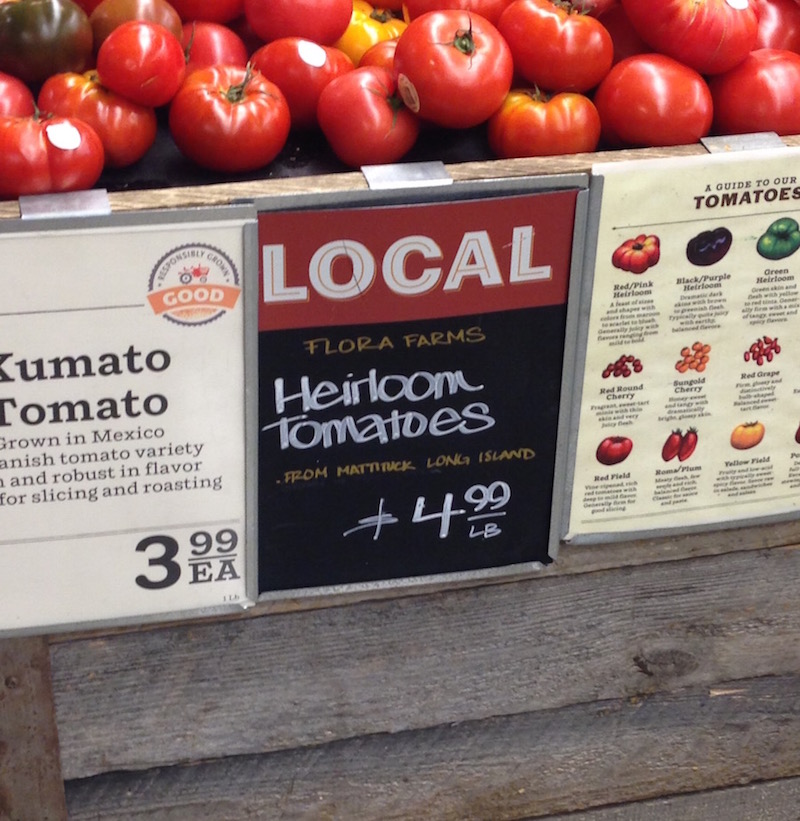
Photo by Rachel Dyckman
Foods that are grown across the country (or abroad) can take weeks to end up in your local grocery store after they are picked. Because of this, produce is picked prematurely which prevents some nutrients from forming. These foods are also often treated with special gasses that delay ripening which further prevent some naturally occurring nutrients from forming.
Fewer “food miles”.
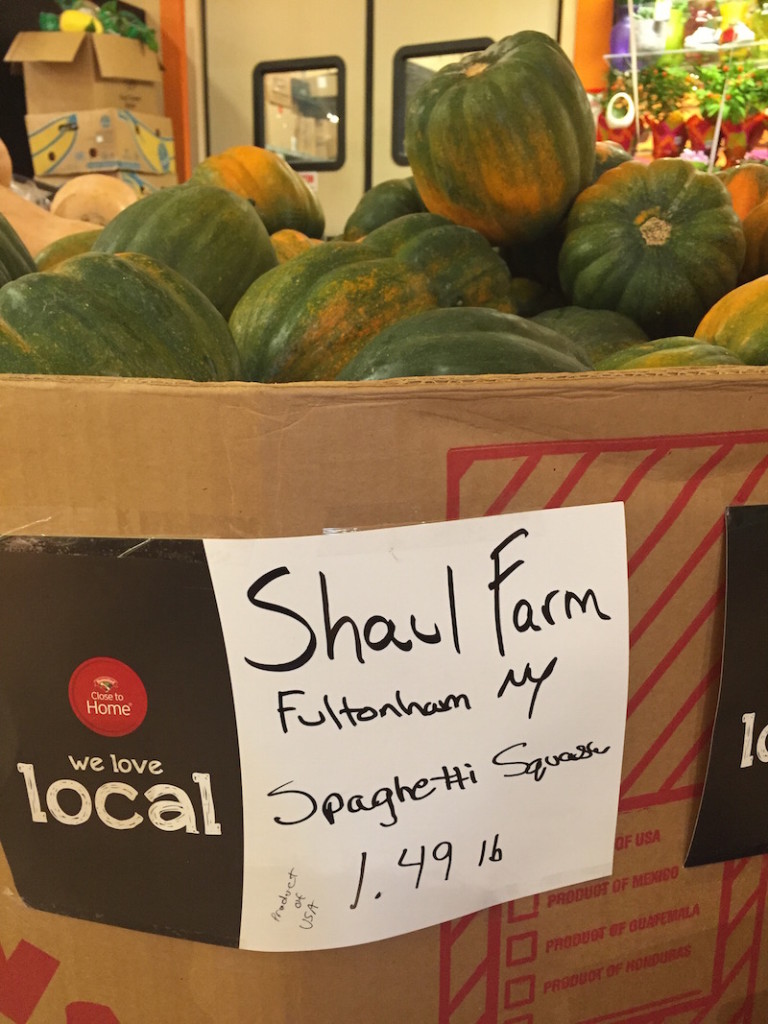
Photo by Rachel Dyckman
Why buy organic tomatoes from Brazil when you can buy local ones from a state over? Doesn’t it seem kind of counterproductive to try to be environmentally friendly by eating pesticide-free, organic produce that is shipped to you from thousands of miles away, burning tons of fossil fuels in the process? While there is currently no USDA definition for local food,
While there is currently no USDA definition for local food, Whole Foods considers food to be “local” if it was grown or produced within a 200-mile radius of their stores, so we’ll go with that.
Many local farms are already organic.
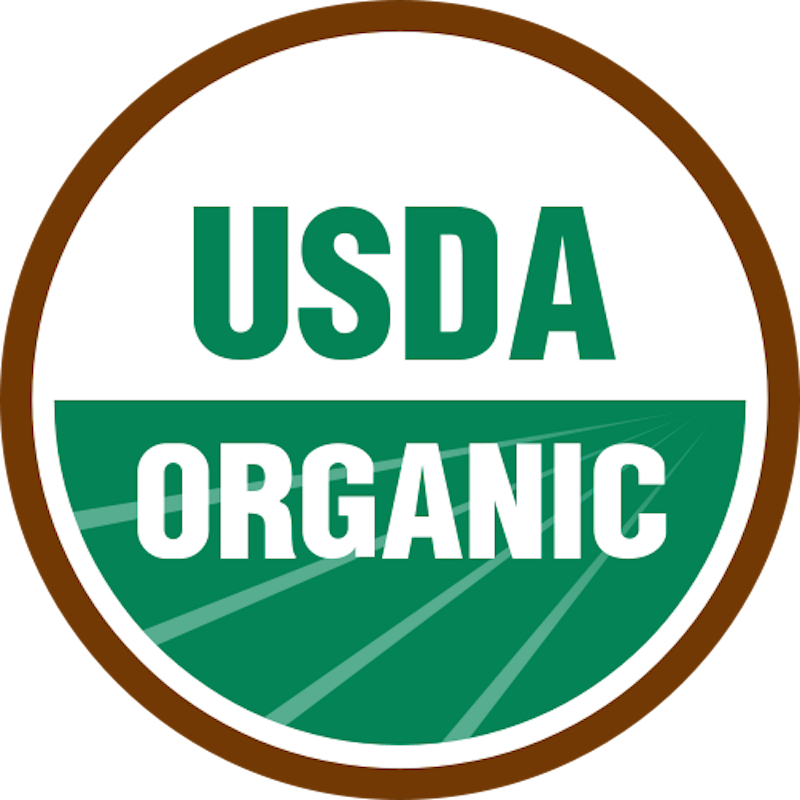
Photo courtesy of Wikipedia.com
USDA Organic certifications are expensive. Not all small farmers can afford (or want to dish out large sums of money) for the certification of becoming an organic farmer, but their farming practices may be just as sustainable and health-promoting as a certified organic farmer, and in some cases even more so.
It supports local farmers.
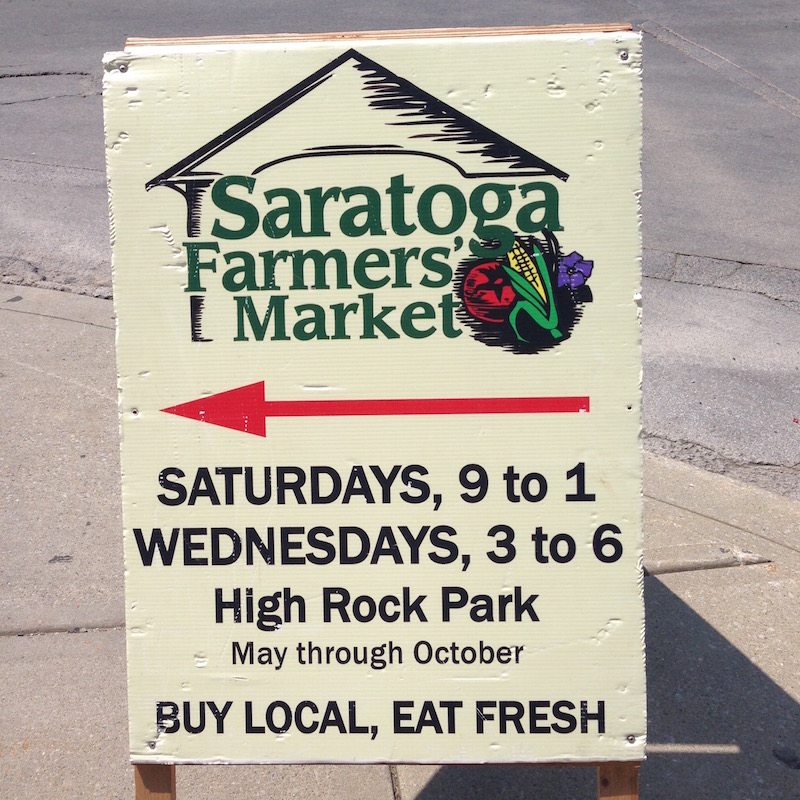
Photo by Rachel Dyckman
When you buy local produce, you are directly supporting your local farmers and helping to keep them employed. Any Economics major can tell you that when you buy local food, more money stays in your community than when you buy non-local conventional or organic food, but did you know that a study conducted by The New Economics Foundation found that when people bought local food at Farmer’s Markets and CSAs compared to conventional food from supermarkets, twice as much money stayed in their local communities?
It’s more ethical.
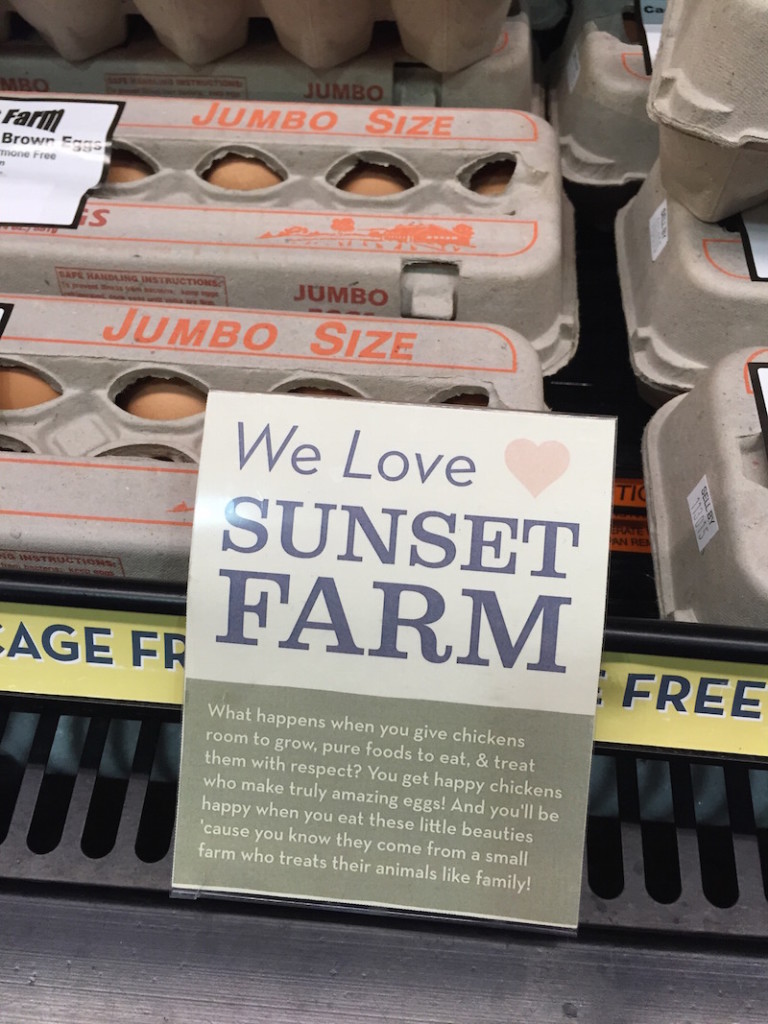
Photo by Rachel Dyckman
Because local farms and food producers are on a smaller scale than industrial organic farming operations, you can generally trust that local food will be produced more ethically. Just because a chicken is fed organic feed doesn’t necessarily mean that it won’t be crammed into a massive indoor facility (which still counts as “cage-free”) and treated like a commodity.
It is far more likely that a small-scale local farmer will let its chickens run around outside and eat the food chickens are made to eat like bugs, worms, etc. and the same goes for other animals raised for food. If you have any doubts, check in with local farmers about their farming practices. Some farmers may even let you come and visit their facilities if you are genuinely curious. Also, small-scale farmers are more likely to be part of a “biological solution,” utilizing biodynamic practices for produce and treating land responsibly since their land is their livelihood.
While the healthiest and most sustainable food options are both locally produced and organic, it is safe to say that if you must pick one, local food is the way to go. Healthy body, healthy environment, healthy economy — what’s not to love?
#SpoonTip: If you like to eat summer foods in the winter or vise-versa, check out the freezer section for locally grown fruits and veggies that were frozen before their season was over. Freezing food also helps preserve nutrients.


